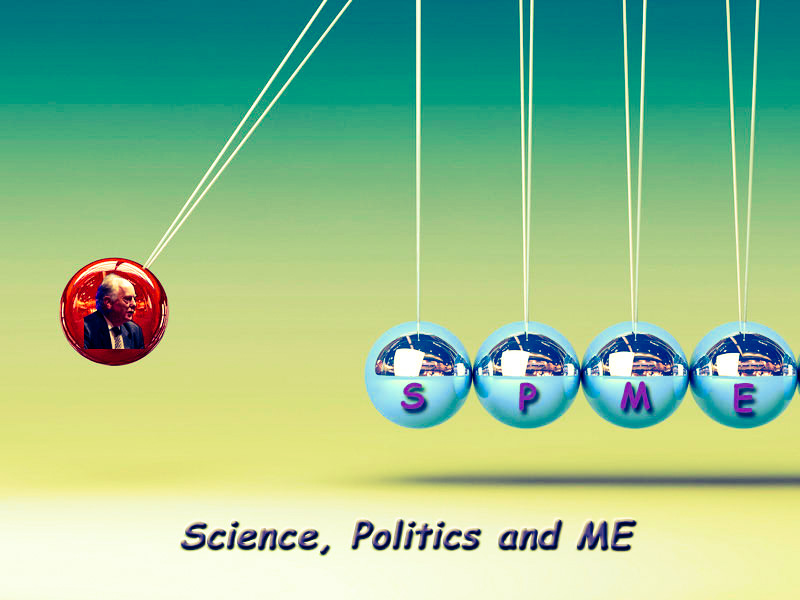RESEARCH
THE RESEARCH
With the help of leading researchers the charity is proposing a number of initial projects which would help establish a research base and lead to further projects being initiated based on findings.
It is not often realised that 60-70% of the immune system is located in the gut as a vast network of lymph tissue referred to as GALT (gut associated lymphatic tissue). The research highlighted in the proposal involves looking at gut microbiota, which is the latest thinking in how to go about research. In USA, renowned pathogen hunter Dr. Ian Lipkin and specialist clinician Dr. Nancy Klimas have suggested a similar approach.
There are also a number of new ideas being developed and collaboration between researchers at universities in UK and Europe and USA is underway thanks to the initiatives of the charity and researchers.
The aim is to build on this but the research has to start somewhere and so the researchers have begun afresh with the best approach. This research proposal is to build a strategy of biomedical research which would involve patients, clinicians and researchers working together.
A foundation project at the University of East Anglia began in 2013 - funded by Invest in ME Research. More details are available at this link.
Further projects are underway in Norwich Research Park - more details here.
The charity had been keen to replicate the Norwegian
findings (click here) using Rituximab.
We initiated B-cell research at UCL which would have led to a UK rituximab clinical trial.
Dr Oystein Fluge and his team from Haukeland University Hospital in Bergen, Norway, visited Norwich in January 2017
to collaborate with the researchers from University of East Anglia/Quadram Institute Biosience/University College London/Oxford University
- details here.
The Norwegian Phase III rituximab trial proved negative inthe end but useful research and collaborations
have resulted.
More details of this are here.
We have continued to fund a PhD project at UCL - click here.
Our strategy also includes European and international collaboration.
The charity has spent many years attempting to cultivate
international collaboration with research into ME. We have initiated and facilitated the formation of the European ME Research Group (EMERG) as a way
of fast tracking European research - more details here.
Our anual research colloquiums are also aimed at increasing collaboration and regularly attract delegates from 14 countries - more details here.
A recent initiative has been to create the European ME Clinicians Council in order to create a network of experienced clinicians who can share
knowledge regarding treatments and research and create common standards - click here for more information.
We welcome support to help us build a Centre of Excellence for ME.
Researchers Comments
It was a wonderful series of meetings (BRMEC6 Colloquium).
Thank you, once more, for the excellent organization of BRMEC6 and IIMEC11. I was just amazed of the good care you have taken in every single detail. This year I specially felt researchers connected and ready to advance faster by collaborating. Also, I felt ME patients much more encouraged.
Thanks again to you for organizing this important meeting (BRMEC6 Colloquium).
I think that there are going to be more far-reaching effects than before (from this)
Thank you for organizing such a superb symposium and meeting. I very much appreciated being invited as part of the group.
I learned a great deal, and I increased my network of colleagues and friends. The conference venue and dinners were first-rate. (BRMEC6 Colloquium/IIMEC11 Conference).
I really believe all this is due to the amazing job you have been doing through the years building up this network of research excellence connected to ME patients. It is said that if a boat is not pushed it will never advance… You are definitively the best motor the ME boat could have found. Also, without patient participation, researchers can do nothing. (BRMEC6 Colloquium).
terrific meeting. It gets better year by year (BRMEC6 Colloquium).


























